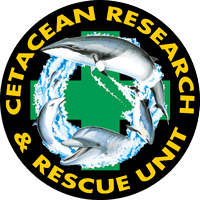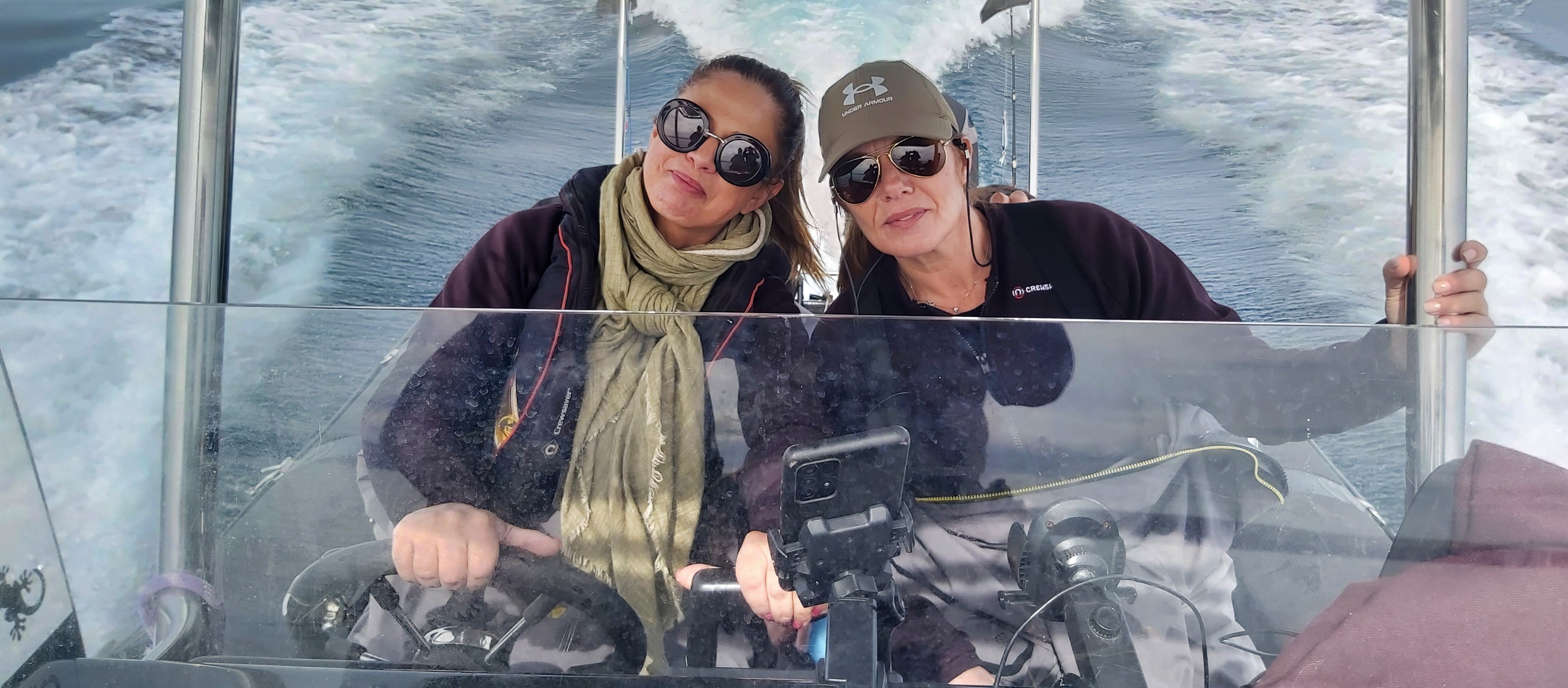Each year, CRRU offers a number of opportunities for a seasonal corps of trainees to join us in Gardenstown on a unique training course, as contributing members of the research and rescue team.
The residential courses are run in the form of a 10-day educational placement, and as an intern with CRRU you will learn about the whales and dolphins of the Moray Firth and their dynamic marine environment first hand - working closely alongside a dedicated and knowledgeable team of biologists, whilst at the same time providing crucial support for the organisation's vital research and conservation work. As you participate in ongoing field studies, you will learn and apply the principles of field research design (accompanied by structured lectures, demonstrations and in-field tuition), undertake training in marine mammal rescue techniques, and gain a personal understanding of the conservation issues which drive the research, rescue and conservation activities of this small but dedicated charity.
Small, friendly and relaxed groups
Full board and accommodation
All boat equipment (dry suit, woolly bear under-suit, wet boots and gloves)
Induction and full training programme with a professional research team
Direct contact with experienced field scientists and students
Seminars and optional guided tours
Why should you join this programme?
For a truly unforgettable experience at the very least. Apart from the support you will be giving the project, this will be an extraordinary learning experience for you. You will learn and apply new skills, experience new cultures, make new friends and learn much about yourself and others in the process. Students and recent graduates may see this as an opportunity to acquire valuable field experience with marine mammals and even gain course credits.
The cost for a 10 day placement in 2026 is £1,275. This will cover you for full board (all your accommodation and food costs), ALL your equipment needs (boat equipment/clothing for boat surveys etc) and all associated field costs, boat trips and outings during your stay with us. You'll simply need to arrange your own travel itinerary to us in Banff in northeast Scotland (nearest airport Dyce, Aberdeen, approx. 1 3/4 hours from the field base by coach) plus any personal spending money.
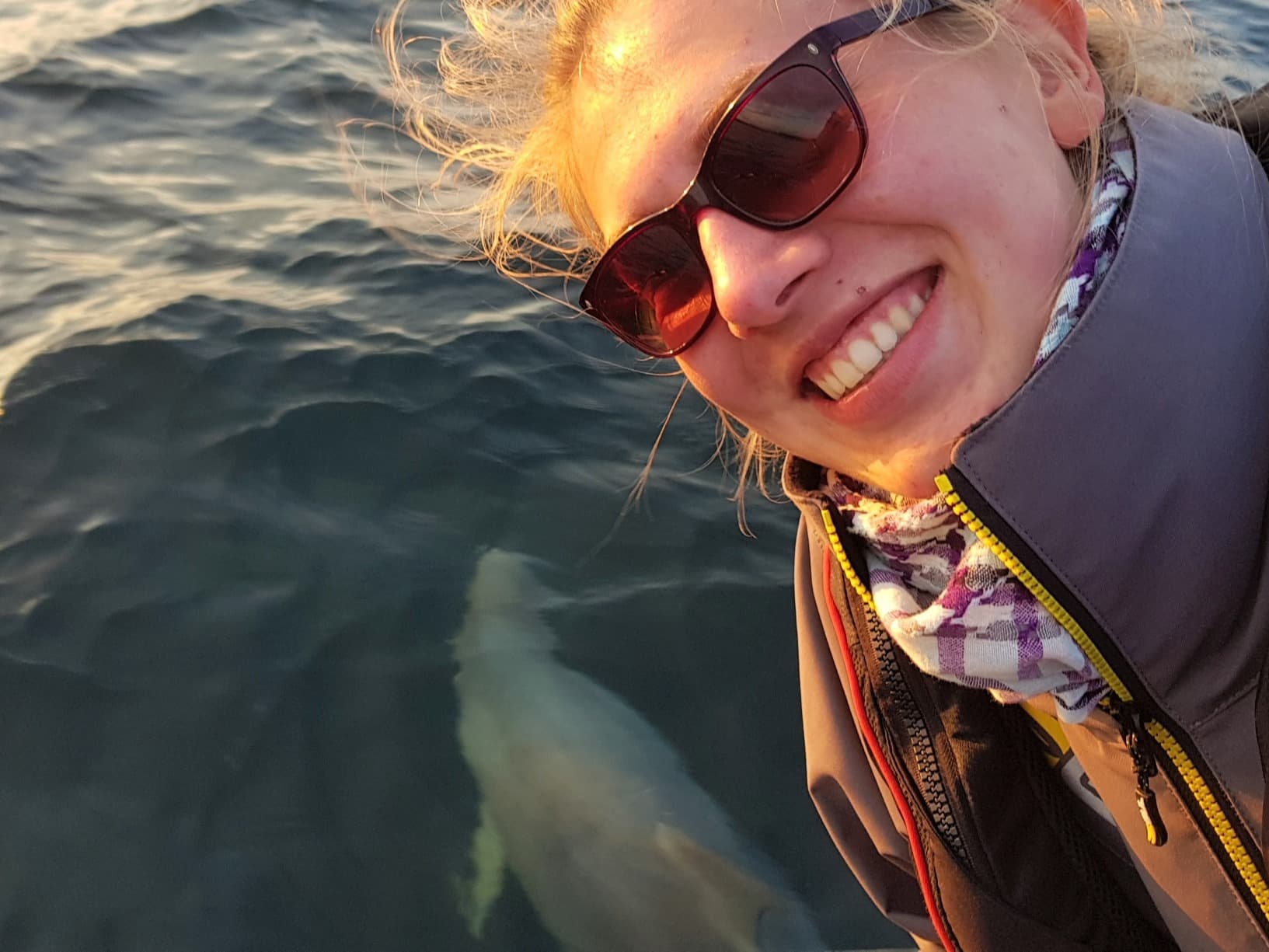
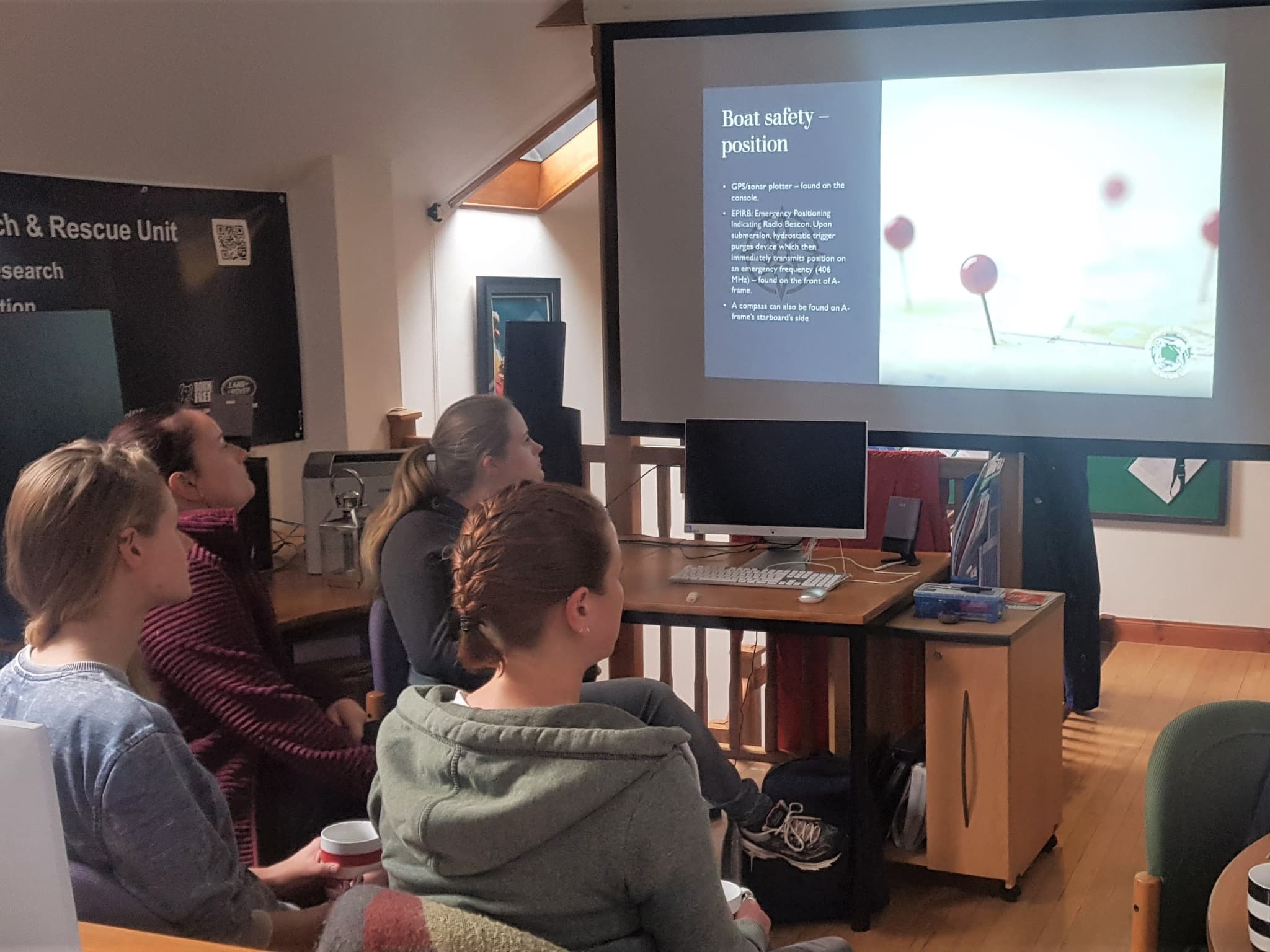
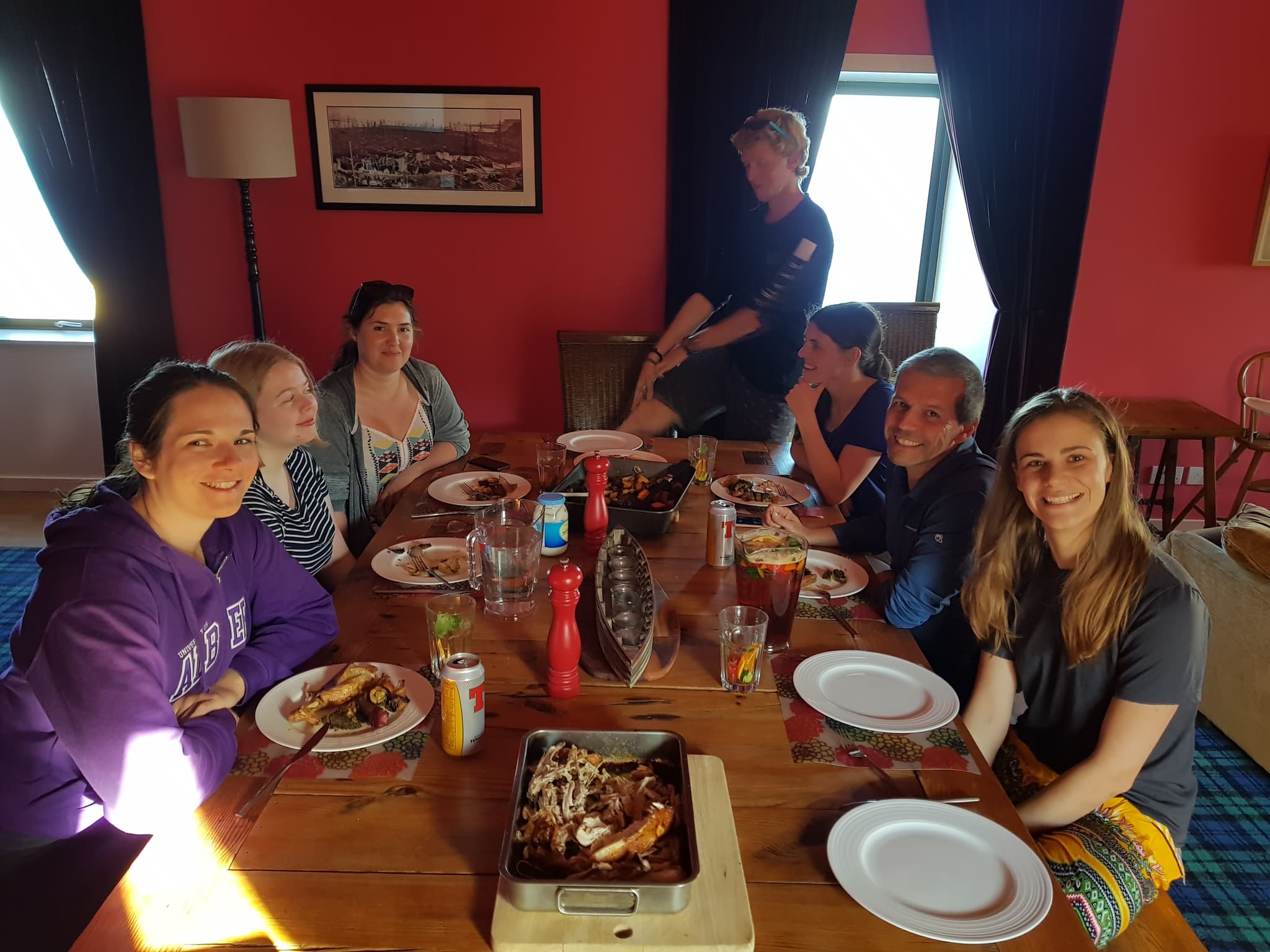
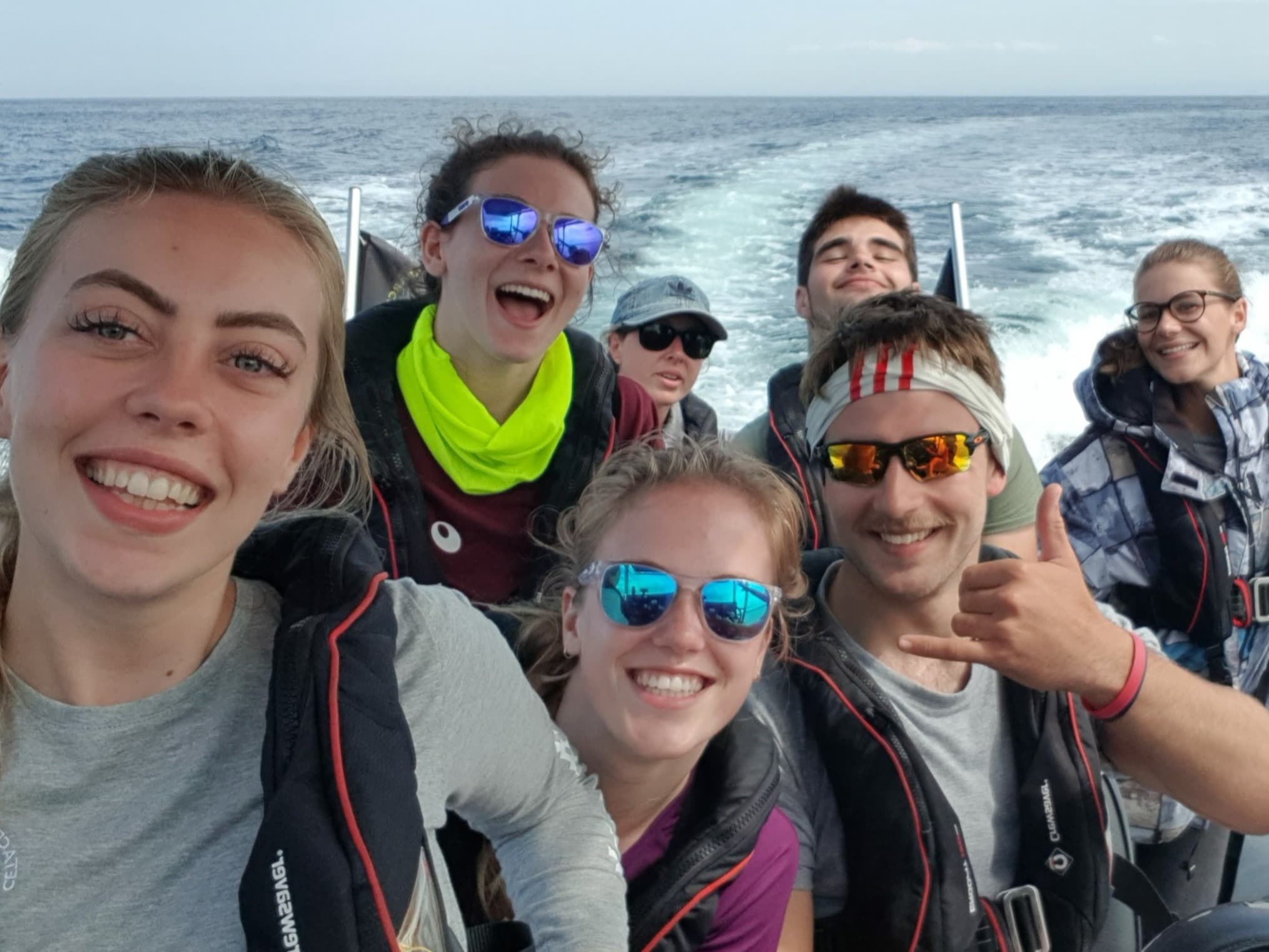
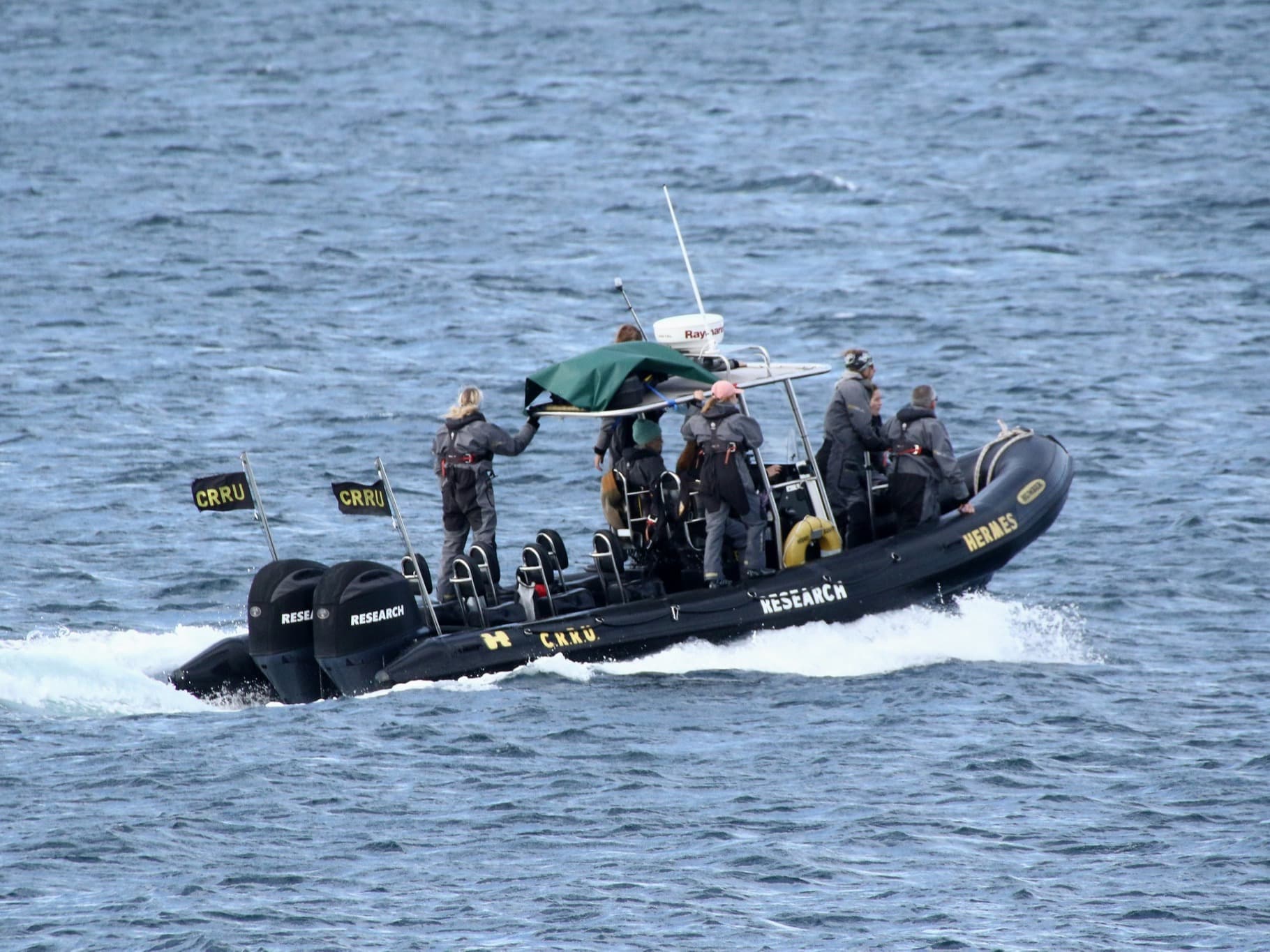
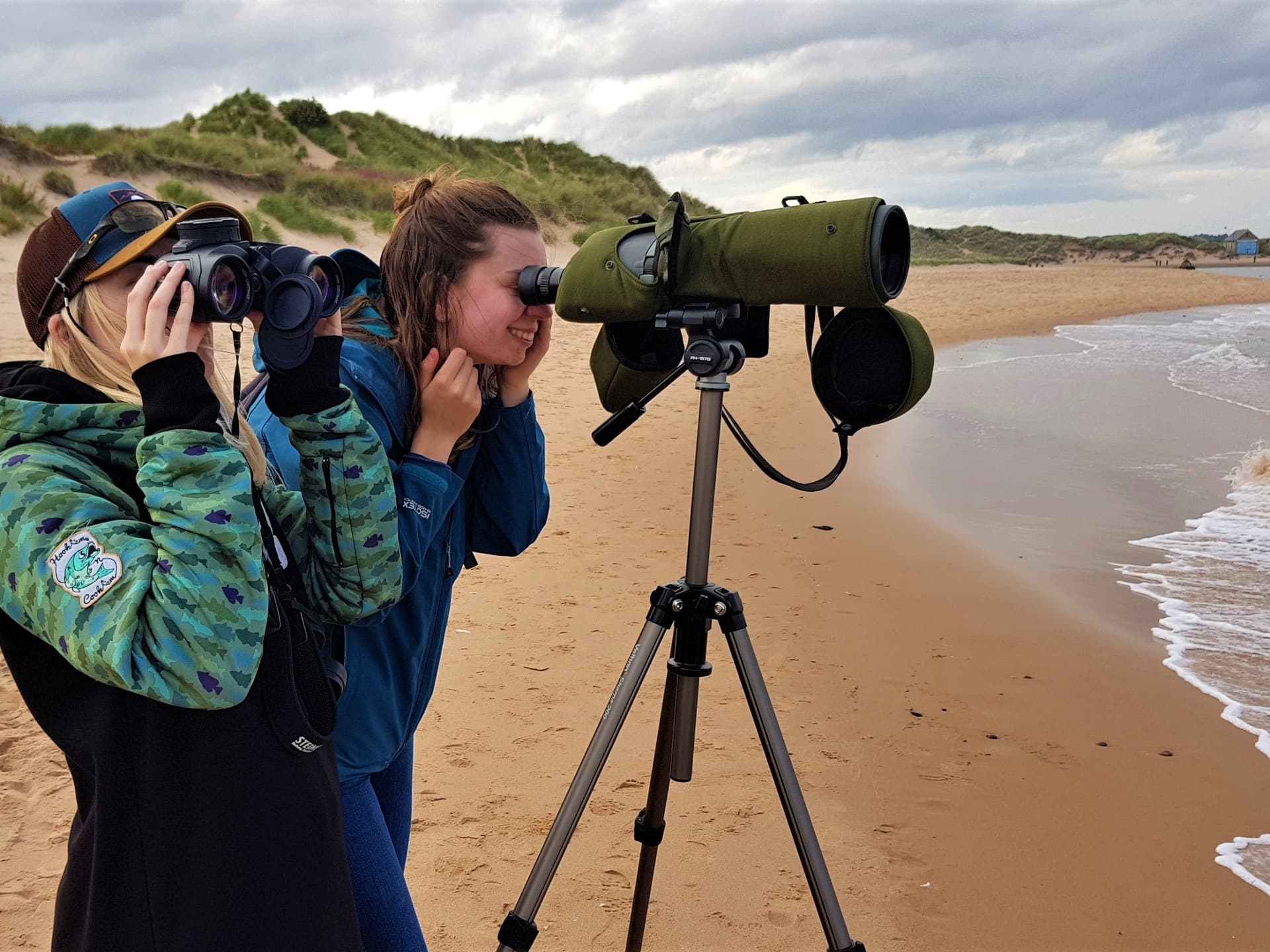
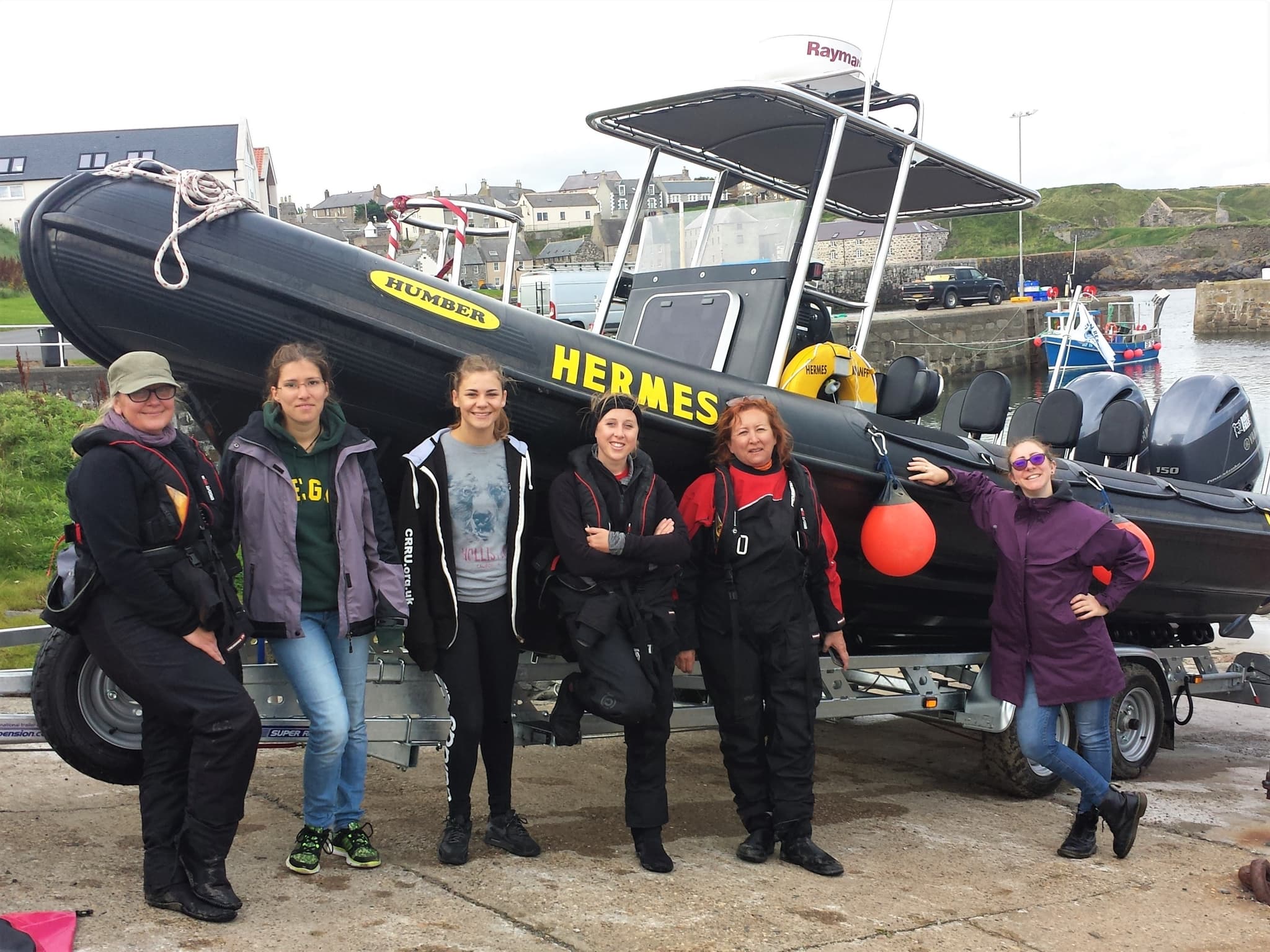
The dates for our 2026 programme are:
Team | Dates | Spaces remaining |
|---|---|---|
Team I | Sat 30 May - Mon 8 Jun | 3 of 6 places remaining |
Team II | Thu 11 Jun - Sat 20 Jun | 3 of 6 places remaining |
Team III | Tue 30 Jun - Thu 9Jul | 6 of 6 places remaining |
Team IV | Sun 12 Jul - Tue 21 Jul | 6 of 6 places remaining |
Team V | Fri 31 Jul - Sun 9 Aug | 6 of 6 places remaining |
Team VI | Wed 12 Aug - Fri 21 Aug | 5 of 6 places remaining |
Team VII | Tue 1 Sep - Thu 10 Sep | 6 of 6 places remaining |
Team VIII | Sun 13 Sep - Tue 22 Sep | 6 of 6 places remaining |
"Stunning wildlife, a peaceful environment and a friendly team are just a few of the ingredients that make this project a magic recipe. It’s the perfect combination of fun and work”
Annalise Petroselli (Italy)
"I first joined CRRU on a trainee placement in 2016 and have never looked back! To say it has been life changing couldn’t be more accurate. My experience led to long-term volunteer work for the charity, then to my current role as a professional Marine Mammal Observer!"
Elice Stroud (UK)
“The close encounters with cetaceans not only provide a real adrenaline rush, but also a hands-on experience and personal insight into the dedicated research being carried-out by this estimable research team”
Lynn Adams (UK)
The most important requirements for any participant are enthusiasm, the ability and willingness to learn and work under often difficult (but rewarding) field conditions, and the open-mindedness and sense of humour to work, live and communicate with other people of mixed nationality and background. Please also note that, due to the nature of the work, participants will need to be both physically fit and healthy and, as a guideline, should be able to walk along steep coastal paths to reach land observation points.
The research unit providing this opportunity is not a commercial tourist organisation but a well-organised team of professional research scientists. Therefore, as part of a working team, you will also be expected to participate in all activities of the day, including your share of basic domestic duties such as assisting with cooking, cleaning and general maintenance tasks. Flexibility is also required with respect to sleeping arrangements, as single bedrooms or sleeping facilities for couples are not usually available.
For further enquiries or to request a booking form and full project briefing, please email the team at [email protected], including a brief introduction about yourself and where you heard about this internship.
